In its quest for infinite money, Xbox is alienating its fans and everything it once was — will it even be worth it in the end, Microsoft?
Microsoft's quest for new users and new revenue threatens hollowing out everything Xbox once was. Socials are a wasteland, the hate is on a level not seen since 2013. Does Xbox even care, and does it even matter?
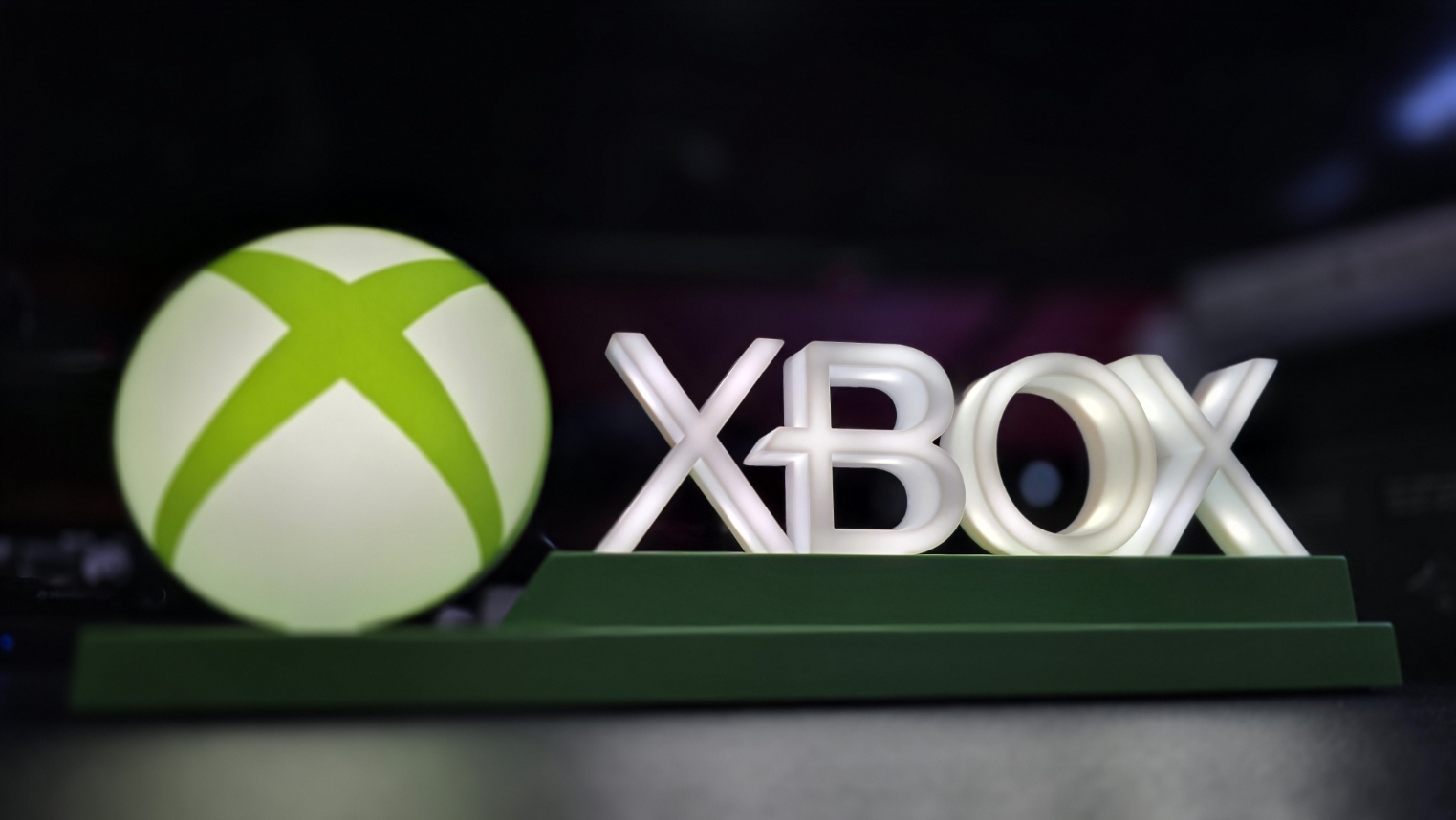
All the latest news, reviews, and guides for Windows and Xbox diehards.
You are now subscribed
Your newsletter sign-up was successful
If you're an Xbox fan, the past couple of weeks have felt more dire than usual.
There's a meme in the Xbox community, which runs along the lines of "Xbox is dead, Xbox is back" flipping backwards and forwards as Xbox does positive things and creates positive momentum, then steps on a rake and thwarts everything it built.
Xbox has had some positive things to point to this year. Xbox Game Pass arguably had its best content quarter ever before the summer. 2025 in general has been a landmark year for Xbox content, with more games to play on Xbox Series X|S systems than ever. The downside, of course, is that the content is now multiplatform, as Xbox abandons exclusivity. This wouldn't be an issue if those other platforms weren't replete with their own exclusive games, both from first and third-party developers, begging the question — why not simply move to the platform with Xbox's games and the other platform's exclusives?
One thing you could point to against that argument is Xbox Game Pass. Despite some price increases, Xbox Game Pass earned itself the meme of "best deal in gaming," which intensified after the sprint of Expedition 33, Blue Prince, DOOM, Oblivion, and other day one releases. Alas, no more.
Microsoft's obnoxious industry-busting 50% price increase on Xbox Game Pass Ultimate has led to a wave of discontent I haven't seen since Microsoft's botched Xbox One reveal. It comes as the inflection point of a year of strange communication misfires, painting a picture of an Xbox in desperation rather than an Xbox on strong footing.

Follow Windows Central on Google News to keep our latest news, insights, and features at the top of your feeds!
Xbox Game Pass price hike, and the death of a meme
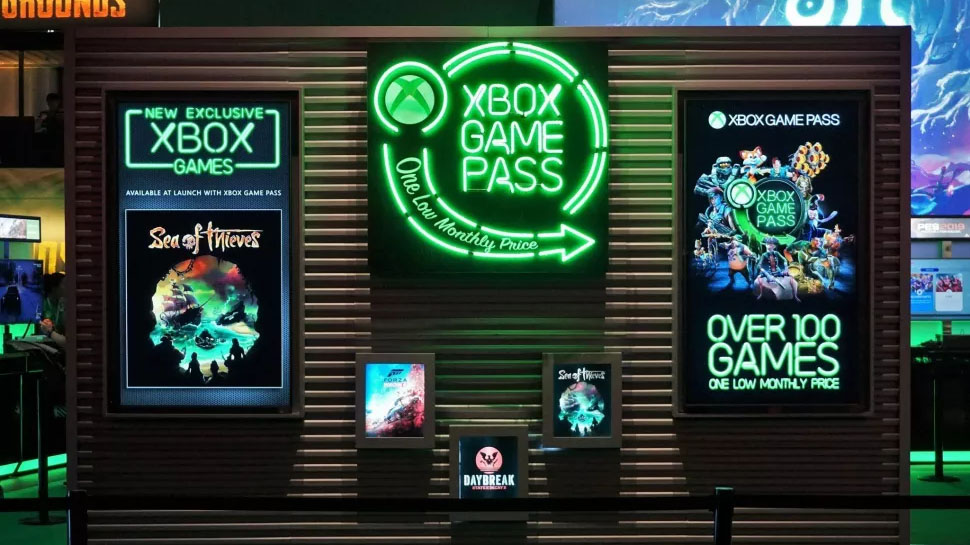
I think what made the price hike particularly egregious was the size of it. It's not like other companies haven't been increasing their subscription fees, with Netflix, Spotify, YouTube Premium, and others incrementally squeezing us as time goes by. What made Xbox Game Pass unique was the 50% increase, that betrays more than a simple "inflationary" iteration — that speaks to a structural issue being corrected.
Microsoft tried to commit to an $80 base price for its upcoming AAA Xbox games over the summer, which would've started with The Outer Worlds 2. It back pedalled following the backlash, however, with even internal studios voicing concerns about it. I figure this Xbox Game Pass price increase is at least partially a response to the projected lost revenue from that back pedal, but many have (myself included) pointed to Call of Duty as a point of blame for the price increase.
Call of Duty is monstrously expensive to develop, and "giving it away for free" via the $20 Xbox Game Pass subscription, on paper, hurts both business models. I speculated that Microsoft's member weighted value formula that it uses to refund first-party budgets out of the Game Pass profits might've been eating into its content fund for new games.
New games are crucial to prevent churn (unsubscribes) among the users most engaged with the service. If Call of Duty is vacuuming up all the funds via cannibalized retail sales charges, Xbox Game Pass was at risk of becoming the "Call of Duty" subscription with little else. But this is hugely giving Xbox the benefit of the doubt. When you look at Microsoft's overall financials, it's hard to assume it's anything other than simple greed.
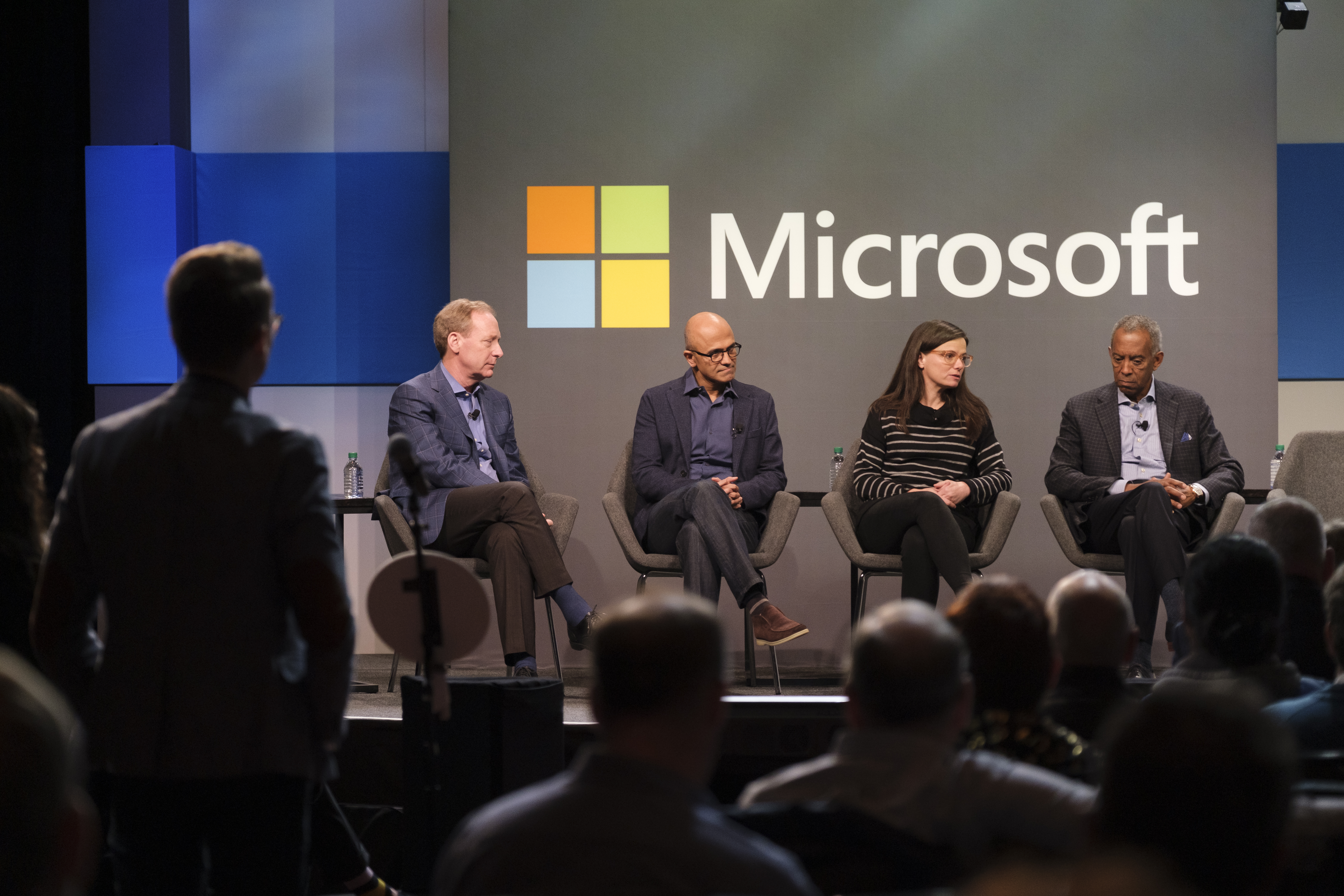
Over the summer, I talked on my Xbox news XB2 Podcast about how I'd heard an industry rumor that Microsoft CFO Amy Hood was forcing unrealistic profit margin targets on its gaming division. If you look at things like the $80 games push, smaller things the reduction in Microsoft Rewards generosity, and more egregiously, the Microsoft mass layoffs over the past year — it lends plenty of credence to that idea, if you needed any.
Xbox keeps reporting record revenues and Microsoft itself, record annual profits to the tune of multiple tens of billions per annum. There's no universe that Xbox, which owns Call of Duty, Candy Crush, and World of Warcraft, actually mathematically needed to raise prices on Xbox Game Pass by 50%. It could've simply accepted lower margins, it could've reduced executive pay packages. Perhaps they could've pulled back on its quite possibly pointless AI investments and been content offering a pro-consumer gaming subscription service platform that, by Microsoft's own admission, was already "profitable" even before this price increase.
But as my good buddy Rand says, "line goes up." If Microsoft was projecting that next quarter, Xbox's quarter-over-quarter or year-over-year revenue might've gone down, putting up prices is a very short-term way to boost that spreadsheet.
Nobody is saying Xbox Game Pass is the best value in gaming anymore, and it's unlikely they ever will again — even when this quarterly earnings report has been and gone.
Has Amy Hood or anyone else considered the long-term damage of short-term thinking?
Microsoft's utilitarian attitude to gaming isn't sustainable
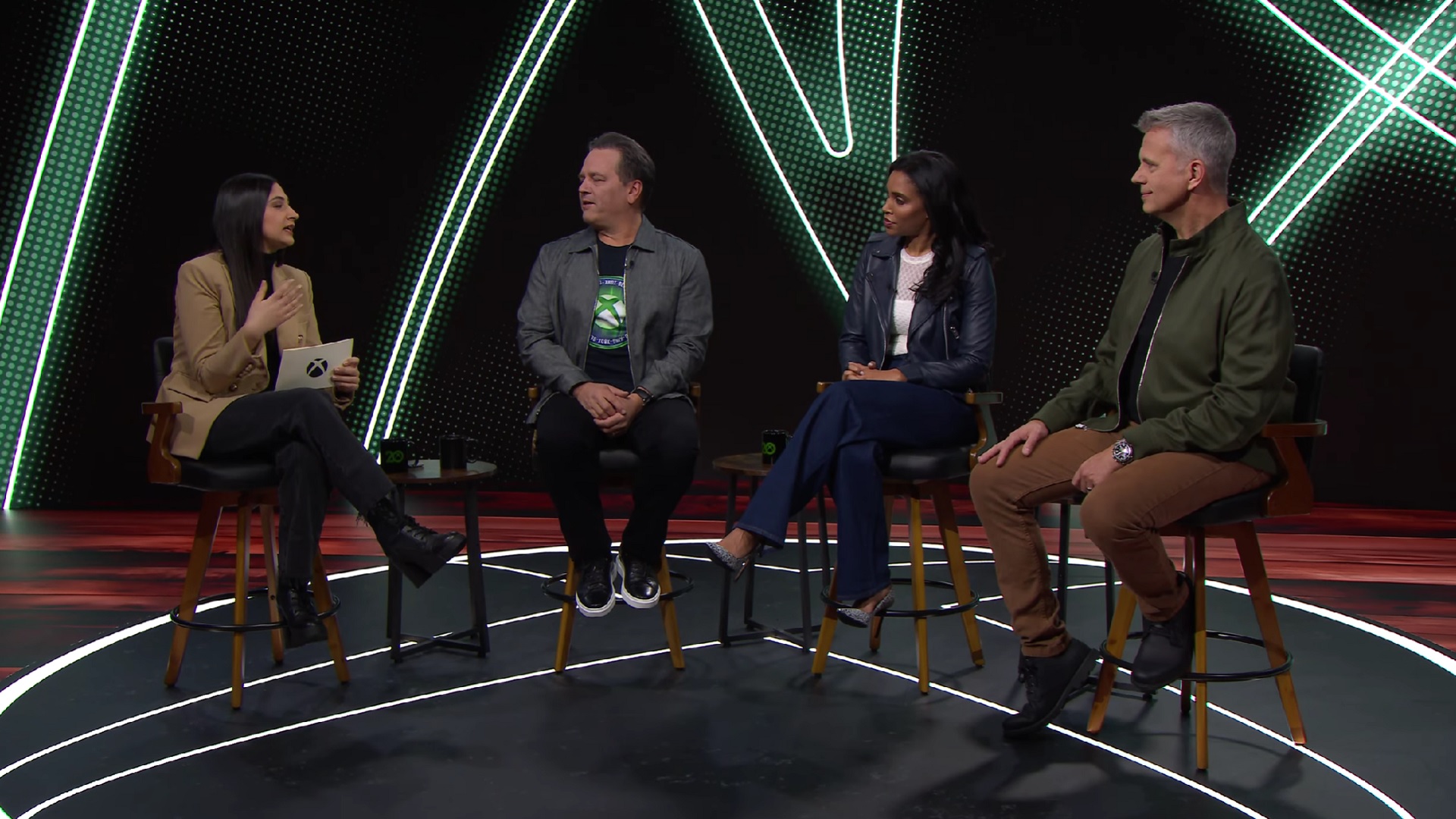
I've been doing this blogging thing for over ten years at this point, and since the Xbox One pitfall, I can't remember a time when the Xbox community felt so fractured. I also can't remember a time since 2013 where hate of Xbox had become so mainstream.
The only positive many felt they could point to over the past few years was Xbox Game Pass. I saw mainstream content creators conceding to its value in memes and YouTube Shorts and the like, and rumblings about its "viability" as a business were easy to dismiss with Xbox giving on-the-record statements to shareholders about its apparent profitability. If it is so profitable and viable, why did it need a 50% price hike?
That apparent contradiction joins a chorus of others and coalesces to a total collapse in trust between Xbox, its customers, and potential customers too. Xbox lead Phil Spencer's now notorious "it's not Indiana Jones" when describing which four Xbox games would come to PlayStation 5, only for it to become Indiana Jones only a few months later, has been oft-cited as an example of Xbox's poor communication with concerned fans. In context, Spencer never said it wouldn't eventually be Indiana Jones — they were talking about the first four games going to PlayStation. But ... why mention it at all? Why not just admit it at the time? Microsoft clearly knew it was happening, and that it wasn't just going to be "4 games."
Hindsight is 20/20 of course, and I've misspoken a million times before, but this was as part of a scripted interview addressed directly to Xbox fans. Xbox customers who are rightly concerned about Xbox's ecosystem viability in a universe where it has no exclusive content.
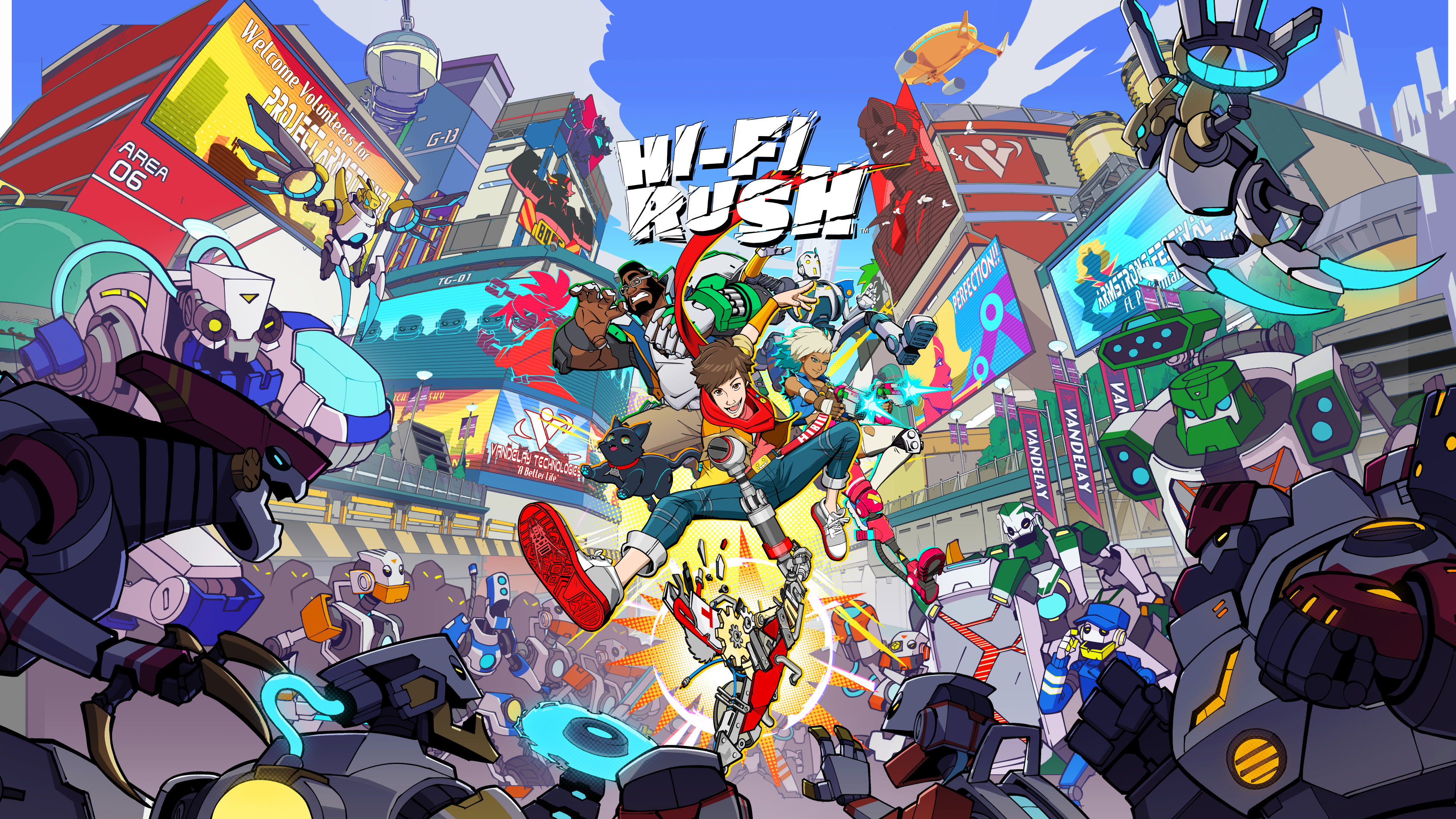
There are tons of other examples you can point to. Xbox said Hi-Fi Rush' shadow drop was successful, Xbox Game Studios lead Matt Booty has repeatedly talked up the importance of new IP. Microsoft then shut down the studio behind Hi-Fi Rush (although it was later saved by Krafton Inc.). Microsoft has shown off gameplay of Perfect Dark, spending years and millions of dollars on the California-based Initiative Studio, only to kill the project entirely, dashing the hopes of those who longed for the classic franchise's return.
It's not like other publishers and platform holders haven't also closed studios and cancelled projects, far from it. But it's also the case that Microsoft has over a hundred billion dollars in annual profits.
I'm not suggesting its sustainable long term to simply plough money into Xbox and projects that might not be panning out, but Microsoft also has over a hundred billion dollars in annual profits.
Nobody seems to trust Xbox anymore. Consumer faith is a thing that actually matters. Microsoft treats all of its consumer businesses with the same utilitarian mentality that it does with its business-to-business segments — where you only have to convince one sales guy to flood an entire company with products.
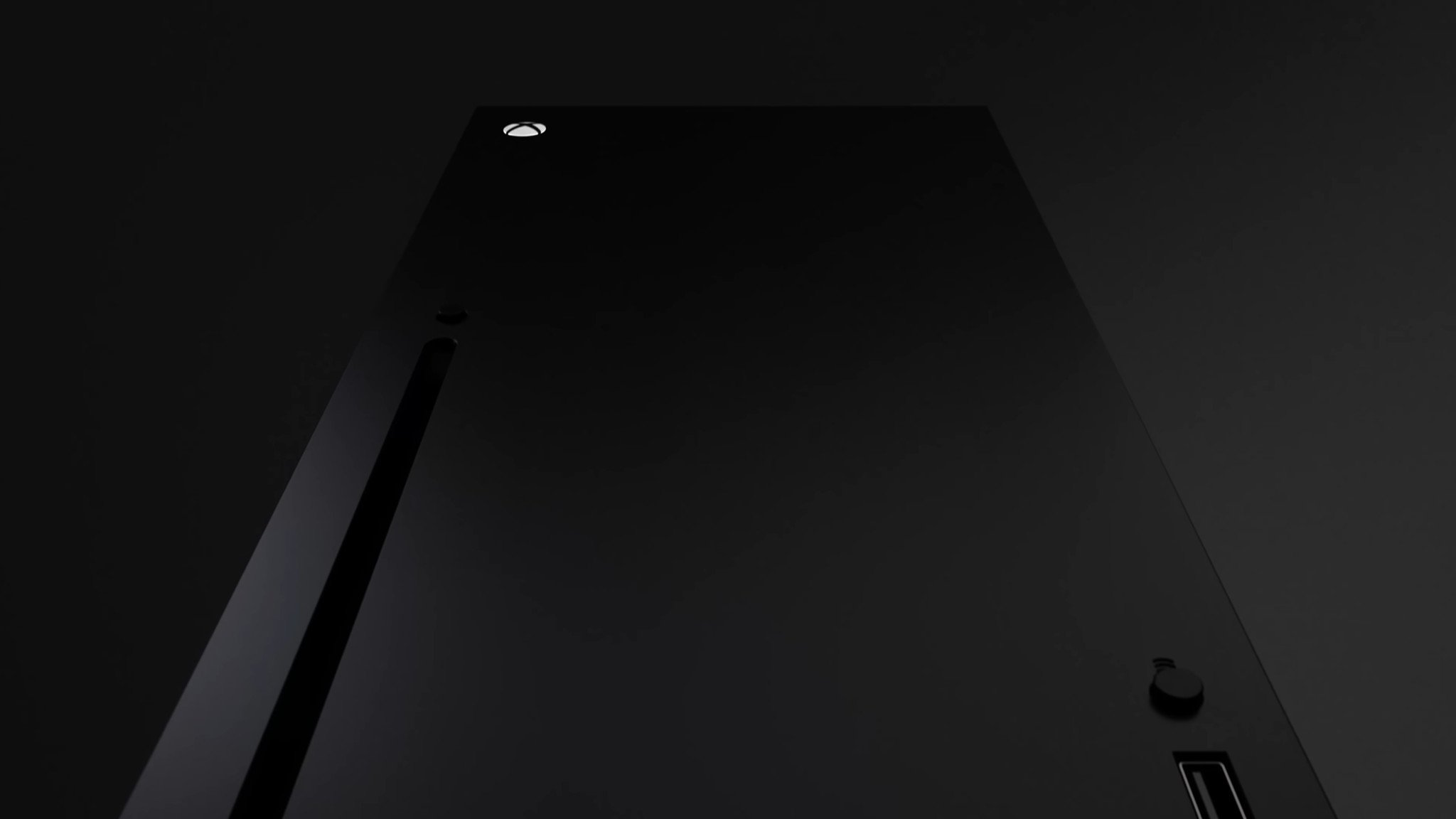
Gaming is not a utility. It's a luxury, and it's highly discretionary. People don't game simply for gaming's sake. More so than ever, people concern themselves with sentiment around the products they choose. In a world where things are evenly balanced, it only takes a feather to tip the scales, and on paper, Xbox and PlayStation are fairly similar with what they offer in 2025. The difference is people feel like they can rely on PlayStation long term. People do not feel like they can rely on Microsoft long term for anything that isn't Office, AI, or cloud, because that's all CEO Satya Nadella seems to care about. His recent X post about AI is flooded with replies about Xbox Game Pass — the Microsoft customers he seems eager to ignore.
I wrote about the enshittification of Surface, Windows, and Xbox previously, and it remains wholly true. Microsoft is visibly a company that will put short termism and quarterly spreadsheet padding over long term sentiment, hoping, praying that people are too locked in to Windows and Xbox to consider alternatives. Maybe they are today, but you only need to look at products like Internet Explorer / Microsoft Edge, MSN Search, and Skype, for examples of previously globally dominant products that died almost immediately when a better alternative came along — and customers were ignored.
Does any of this matter? Well, yes, actually, I think it does.
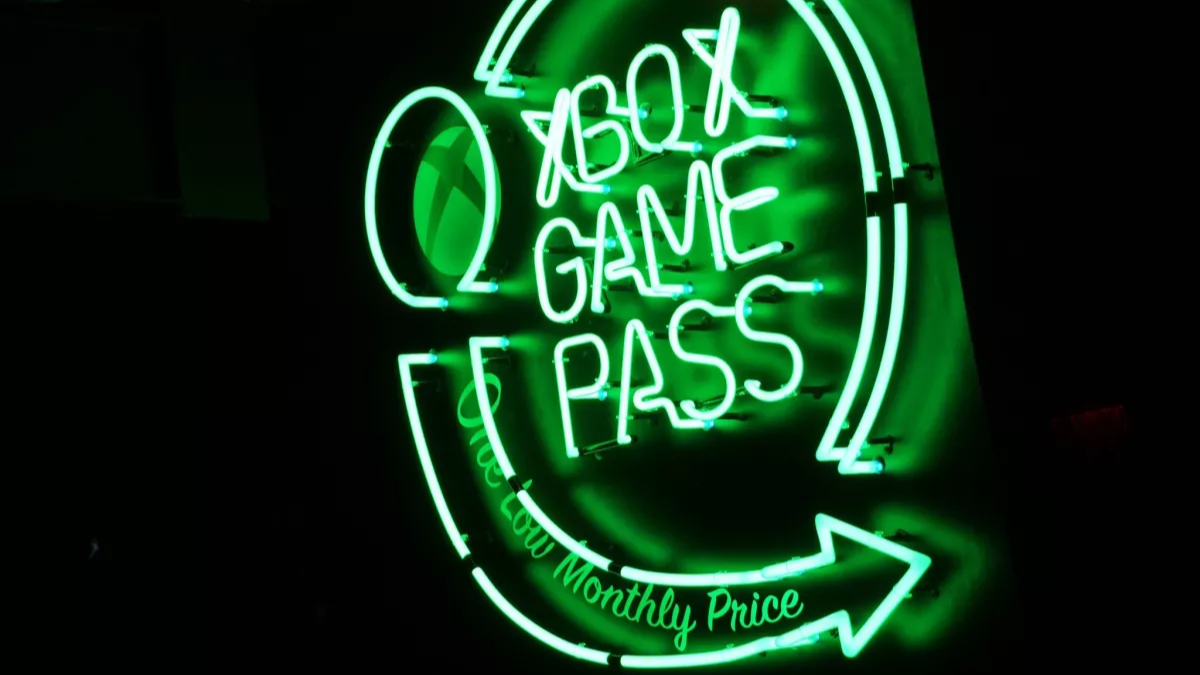
Social media is a bubble. I know my algorithm shows me Xbox content because that's my interest and my coverage area. But, when I went to the gym the other day, there were people in the lobby discussing the Xbox Game Pass price hike, as well as new rumors that Xbox is quitting hardware. It's hardly quantitative evidence, but that's the first time I've ever really heard anyone in public discussing Xbox before — that is, since the Xbox One drama of 2013.
The UK BBC covered the Xbox Game Pass price hike, alongside other mainstream outlets, and anomalous nature of the 50% price hike turned into rumors about Xbox's exit from hardware manufacturing, echoing Sega of years past.
Xbox PR came out strong against the rumors that it would exit hardware, citing Microsoft's multi-year deal with AMD to produce Xbox console chips. But ... with the constant changes in strategy, mis-managed expectations, and visible abandonment of customer sentiment ... it's not surprising many are having a hard time believing it.
Microsoft needs to understand that, fairly or not, its behavior impacts all of its services, all of its division, all of its employees, partners, developers — and its customers. Negativity trickles down.
In Microsoft's quarterly "line goes up" mentality, cutting hardware production and moving to an entirely Steam, PlayStation, Nintendo Switch third-party publishing position would probably give them better margins over time. It would lead to mass layoffs to the tune of hundreds, and would reduce competition in the market, particularly for core gaming. With gaming concentrated on fewer platforms, there would probably be less venture capital for new start ups and studios, less funding from the likely no-longer-existent Xbox Game Pass for indies and smaller teams.
But like I said, maybe this is all a bubble. Maybe nobody cares. Maybe there will be fewer Xbox Game Pass quitters than social media would have you believe. Maybe most of the angst is from haters, and people who aren't even Xbox customers in the first place.
But ... what if fan feedback and social media sentiment does matter? Activision announced today that it's getting rid of skill based matchmaking in Call of Duty: Black Ops 7, despite years of insisting it had data that SBMM was better for the game.
Why make this change so late in the game? Could it be that Battlefield 6 is riding a huge hype wave of its own, and is set to launch on Friday, potentially taking a huge chunk of Call of Duty players who have long felt ignored with it? Perhaps sometimes, sentiment does matter after all.
Microsoft hasn't really responded to the drama over the past week, and is likely hoping to ride it out.
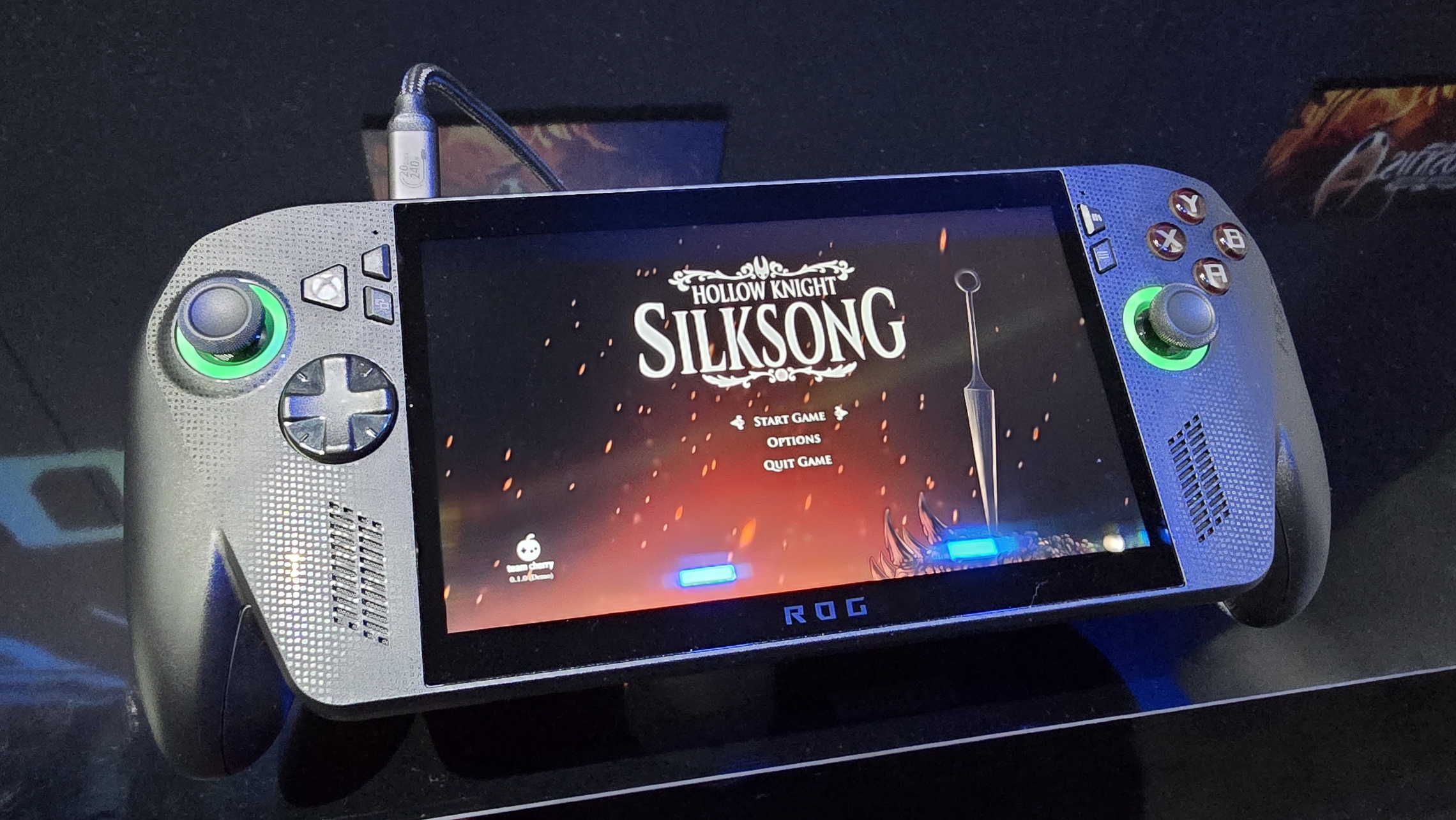
The negativity completely overrode its recent preview events for Fallout 76 and World of Warcraft: Midnight, and has bled over to negativity in general about Call of Duty, and whether or not it's in good hands under Microsoft. It has harmed what little reputation Xbox had left for providing users value via Game Pass and the now-expensive Xbox Series S. It has completely overshadowed and buried things like Xbox Cloud Gaming being included in the lower Game Pass tiers, while getting more games on top. Long suffering Halo fans are also nervous about upcoming announcements at the Halo World Championship, given how mismanaged that franchise has been too over the years.
Microsoft enjoys an incredibly privileged position as one of the world's biggest and most prolific companies. Microsoft needs to understand that, fairly or not, its behavior impacts all of its services, all of its division, all of its employees, partners, developers — and its customers. Negativity trickles down.
I would say Microsoft needs a solid sprint of "wins" to cut through all of this. I'm cognizant of the tariffs, the depreciation of the US dollar, sticky inflation, and all of that kinda stuff. I'm not suggesting Microsoft and Xbox has issues in a vacuum. The economic environment is stressed in multiple directions, particularly for US-based companies.
But, will Microsoft once again post record annual profits this year? Hmm? Will Satya Nadella and other big shareholders get record pay outs this year? I think it's highly likely they will.
There are bigger forces at play when you zoom out. More than ever, our economic system is failing to provide regular folk with a stable, sustainable quality of life, as the rich get ever richer and the middle and working classes get squeezed for every penny. Xbox Game Pass felt like an outlier in that universe, a service that was generally genuinely generous — which is why I feel like its price hike has been received as a big, and for some, final betrayal, among those who already felt like Xbox had abandoned them.
I'd like to get back to a world where Xbox is celebrated, but in a world governed by greed and short-termism, is it even possible?

Follow Windows Central on Google News to keep our latest news, insights, and features at the top of your feeds!

Jez Corden is the Executive Editor at Windows Central, focusing primarily on all things Xbox and gaming. Jez is known for breaking exclusive news and analysis as relates to the Microsoft ecosystem — while being powered by tea. Follow on X.com/JezCorden and tune in to the XB2 Podcast, all about, you guessed it, Xbox!
You must confirm your public display name before commenting
Please logout and then login again, you will then be prompted to enter your display name.
